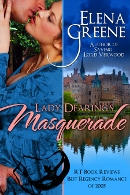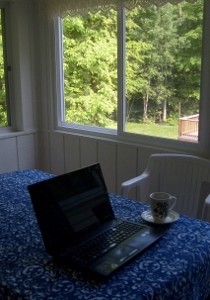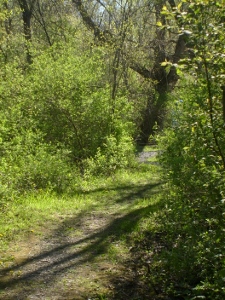
…these are not. This picture is of some of the Prince Regent’s friends, several of whom are dukes and proof that “Duke=Hawt” is an invention of Romancelandia.
I’m thinking about this in the wake of all the good discussions we’ve had related to whether historical romance, especially Regency historical romance, is dead or deserves to be. If you missed any of this conversation, here are the links:
“Sick of the Regency?” by Diane
“One day after all the editors went home, the slush pile and an abandoned marketing research plan partied hard” by Carolyn
“In the Regency but not wholly of the Regency” by Susanna
My question is: do we need more variety in our heroes?
We’ve discussed dukes and their prevalence in the genre before: “Duking it Out” (by me) and more recently, a couple of posts from Carolyn: “The Case Against Dukes” and In Defense of Dukes”.
The hero who’s a wealthy and powerful lord is an immensely popular trope in historical romance, with dukes being the epitome of that trope. A while ago, I even heard of an editor telling an author her hero must be a duke. It makes me think of Georgette Heyer’s Frederica, in which the heroine’s little brother decides it’s OK for her to marry the hero, a marquess, even if he is a “second best nobleman.” Sheesh.
Anyway, at its weakest, this trope is about the fantasy of being cared for and living a life of leisure. But don’t we want heroines who are strong women, useful rather than merely decorative?
One of Carolyn’s posts on dukes provided a good answer:
The hero is powerful in all the things that will offer a heroine safety during a time when women were dependent on men for their safety. He’s Prince Charming and his heroine is going to democratize him (emphasis mine).
The ending in which she can be a partner to him and help him use all that wealth and power wisely makes this trope satisfying, for me at least. Bring on the dukes, just write them well. But I’m very happy when writers tackle stories about different heroes, such as younger sons who have a different set of challenges.
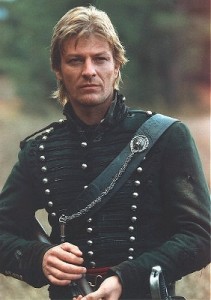 Then there are heroes not born into the aristocracy. Rare but they exist. I know at least some of us find that type attractive.
Then there are heroes not born into the aristocracy. Rare but they exist. I know at least some of us find that type attractive.
I’m especially intrigued by Janet’s recent excerpt and by Susanna’s description of her upcoming release A Dream Defiant. Unless I’ve missed something (admittedly I haven’t read everything out there) writing black heroes is ground-breaking for the genre.
More variety in heroes ought to strengthen the genre. Not that I think anyone should force herself to write something just to be different, just that she shouldn’t feel constrained by the popular tropes if she wants to do something different.
The publishing environment supports greater variety now than ever, although that comes with other issues. The stories you want to read may be out there, but finding them can still be a challenge. Certainly we will talk about some of them here.
What do you think? Are there types of “risky” heroes would you like to see more of?
Elena
www.elenagreene.com
www.facebook.com/ElenaGreene
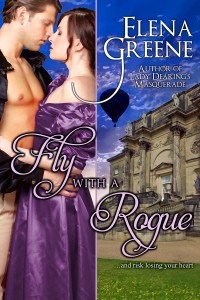 My apologies for not being around much this week. I’ve been fighting another sinus infection while madly trying to finish the latest version of the balloonist story and get it out to my critique partners.
My apologies for not being around much this week. I’ve been fighting another sinus infection while madly trying to finish the latest version of the balloonist story and get it out to my critique partners.
